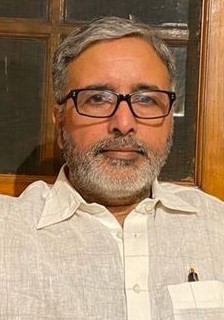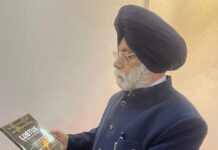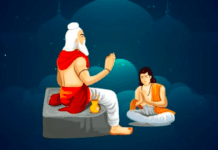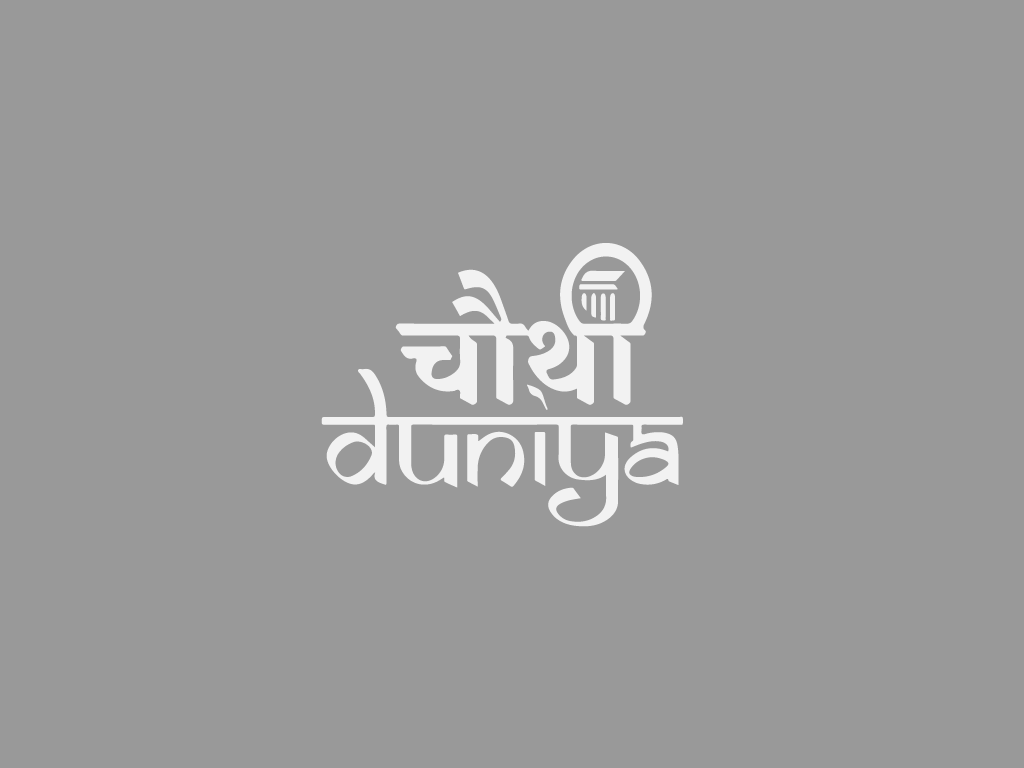A distinguished citizen and industrialist, good samaritan, committed to the cause of Socialism and President of the Samajwadi Janata Party (Rashtriya), Kamal Morarka passed away on 15th January 2021. He was 74. Kamal Morarka was born in a traditional Marwari family on 18th June 1946 in Nawalgarh, Rajasthan. His father, Mahavir Prasad Morarka and uncle Radhyeshyam Morarka were industrialists, but also socialist. His uncle, a role model for him, was a parliamentarian and a socialist who represented many terms in Lok Sabha and Rajya Sabha.
Kamal was born in a family of industrialists and was educated in elite institutions, Cathedral School and St Xavier’s College, in what was then Bombay. Kamal Morarka was interested in politics from his student days and was closely associated with former Prime Minister Chandra Shekhar since his Janata Party days in 1977. Social-democratic politics was in his genes. It was to be reinforced with Chandra Shekhar, during the late 1970s, who was to become his guru in politics.
With the help and blessings of Chandra Shekhar and then BJP Leader Bhairon Singh Shekhawat, Kamal Morarka was elected to Rajya Sabha from Rajasthan in 1988 as a Janata Party nominee.
During the formation of Janata Dal in October 1988, he was diligently associated with Chandra Shekhar and never leaned towards VP Singh, who was elected President of Janata Dal and later as Prime Minister in 1989.
When Janata Dal split in November 1990, Kamal Morarka was with the Chandra Shekhar-Devi Lal group of Janata Dal(S). When Chandra Shekhar became Prime Minister, he was sworn in as the Minister of State in the Prime Minister’s Office from 1990 to 1991.
Till the death of his guru Chandra Shekhar in 2008, Kamal was with him and in 2012, he became the head of Samajwadi Janata Party (Rashtriya), founded by Chandra Shekhar after they broke away from Janata Dal in 1990. As a parliamentarian (1988–94) and minister, Morarka’s speeches and replies reflected his vast reading, knowledge of the economy and, more importantly, his concern that the ordinary citizen should not get the short shrift from lawmakers and bureaucrats.
During the 2016 Rajya Sabha election, he was backed by the Indian National Congress as an independent candidate from Rajasthan. He received 34 votes of which 24 were of INC, four of National People’s Party, two of BSP and four Independents, but he lost and BJP won all 4 seats.
Kamal Morarka was a remarkable person who contributed to polity, economy and society in many different ways. The multiple dimensions of his persona – from parliamentarian and minister, through industrialist and philanthropist, to activist and concerned citizen – made for an unusual life in our times.
He was the Vice President of Board of Control for Cricket in India as well as Vice President of Rajasthan Cricket Association. Kamal Morarka was also known to have a keen eye for art and was also interested in philanthropy.
Kamal Morarka was chairman of Morarka Organic a Private Sector Organisation that offers services in Food Processing and Beverages. He was also the owner of the biggest clothing mill in Indore (M.P.), named Hukum Chandra mill, which was closed in 1990 due to the financial crisis.
Kamal Morarka was also the owner of a few heritage “Havelis” in Rajasthan mostly in Nawalgarh. The most famous haveli is the Kamal Morarka Haveli, that is also a private museum. It was built in 1900 by Shri Jairamdasji Morarka, an ancestor of Kamal Morarka, a connoisseur and patron of the arts. In addition, he organised an annual Shekhawati Festival in the region to revive folk music, theatre, art, crafts and culture, while restoring old Havelis. Kamal Morarka was the head of a number of NGOs that worked for water conservation and harvesting in Rajasthan, wildlife research, arts and crafts, and organic farming and research. He was also an avid photographer and published a book of his photographs.
According to his dear friend Deepak Nayyar, former Vice-Chancellor of Delhi University, “Kamal Morarka was a wonderful person with human qualities that were special. He was affable, modest and unassuming. He was a patient listener. He was open to engaging with views different from his. He could reach out and persuade. He could be firm and critical without being offensive. And he was a loyal friend. Given these attributes, his wide circle of friends from different walks of life was no surprise. The Republic of India sorely needs more concerned citizens like him”.
Kamal Morarka was a man of many parts, who was engaged with, and comfortable in the many different worlds of a diverse India. His close lifelong friendships with political leaders across the spectrum of parties — Janata Dal, Congress, BJP, National Conference, NCP, and the Left — were something rare in our divided politics. The dinners he hosted at the Delhi Golf Club every year, which brought together a galaxy of stars from the worlds of politics, government, media, law (bar and bench), academia and civil society, were a tribute to the regard and affection for him.
As an industrialist, newspaper proprietor (Afternoon Dispatch & Courier and Chauthi Duniya weekly), politician and part of the think tank Centre for Policy Analysis, he continued to read voraciously, intervene effectively in issues and concern and follow the ideas of Dr Ram Manohar Lohia, Jayaprakash Narayan and Acharya Narendra Deva.
He also served on several government committees. He was President of the All India Manufacturer’s Organisation in 1989–90, the Indian Council of Foreign Trade and of the National Alliance of Young Entrepreneurs, and Vice President of All India Association of Industries.
He was always ready to support any Socialist cause and was regularly supporting Janata through advertisements from his company Gannon and Dunkerly.
Morarka was secular to the core and always believed in the diversity of India. Every year, he organised Iftaar Parties in the month of Ramadan in New Delhi’s Constitutional Club.
Kamal Morarka is survived by his wife Mrs Bharti Morarka and his two daughters.
— Qurban Ali is a senior journalist, accredited by Parliament of India as ‘Long & Distinguished journalist’ for covering proceedings of both the houses of Indian Parliament. Currently, he is documenting the history of the Socialist Movement in India.

Qurban Ali















